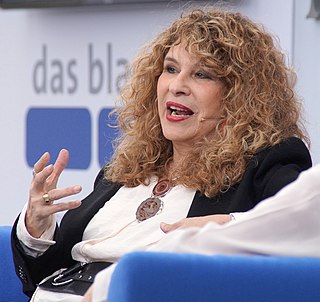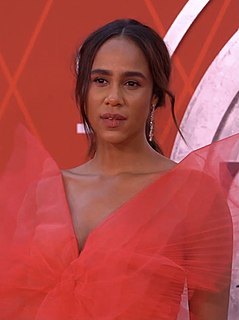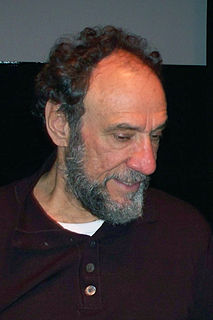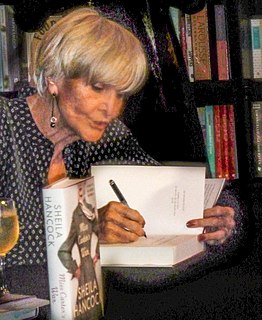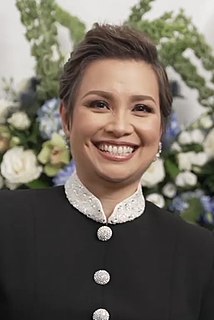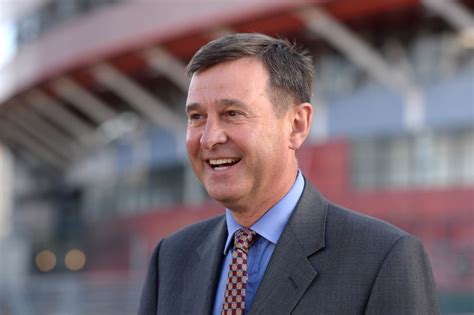A Quote by Kenneth Cranham
I've always liked texts that you immediately understand. I suppose the playwrights who really speak to me are Edward Bond, Joe Orton and Harold Pinter. I've been in six different Pinter productions - I love the clarity of his language. He has this way of using words - there's a thrill to them.
Related Quotes
When I'm doing a one-on-one with somebody, I have to speak in a language that that person can understand, using a vocabulary that they instantly get, and I always have to feel my way around to figure that out. It's a lot of fun, and it's also really challenging - challenging in a different way from performing.
All the characters are made out of words. With reading, I understand that the people aren't real but the fact that they are made out of language and are made out of words is extremely powerful to me. It becomes transformative for me. Different people have different ways of trying to make stories using language.

